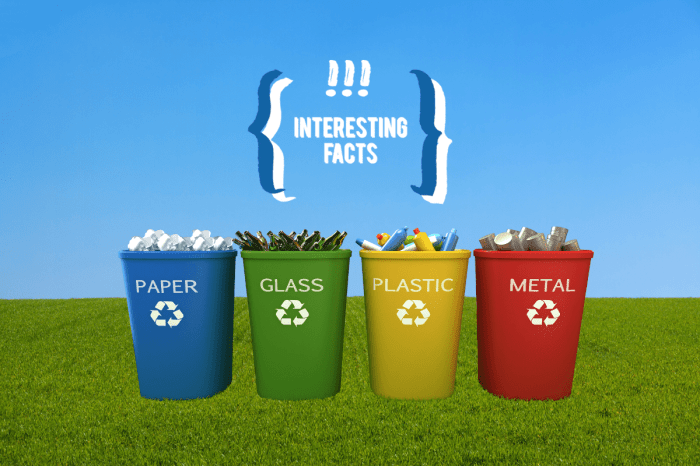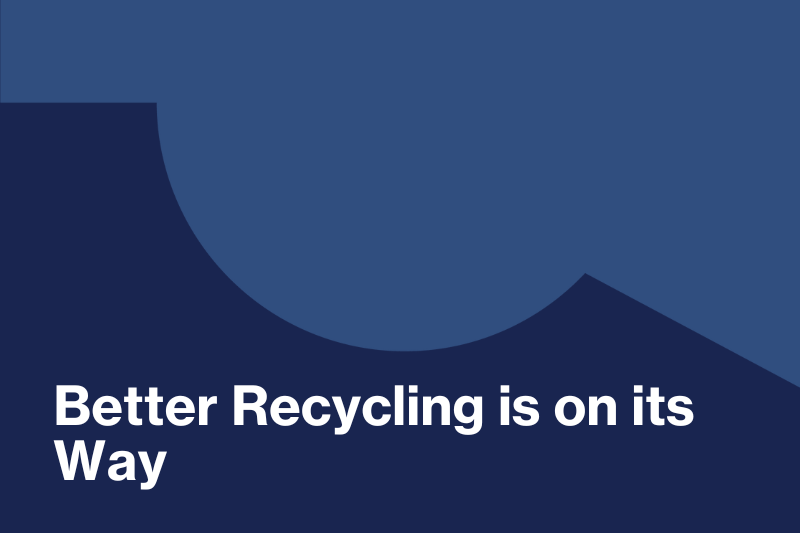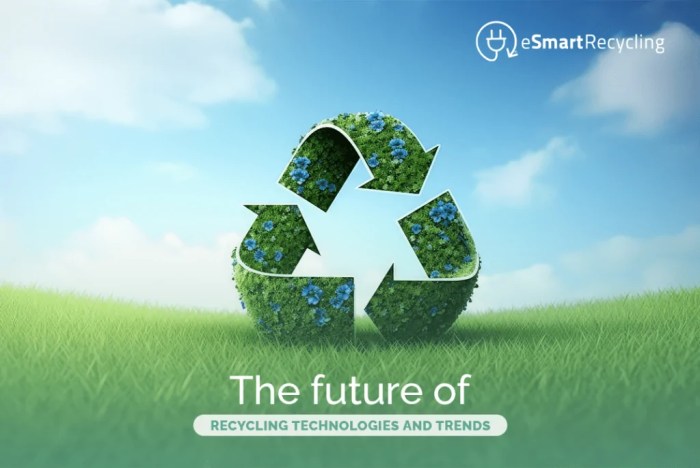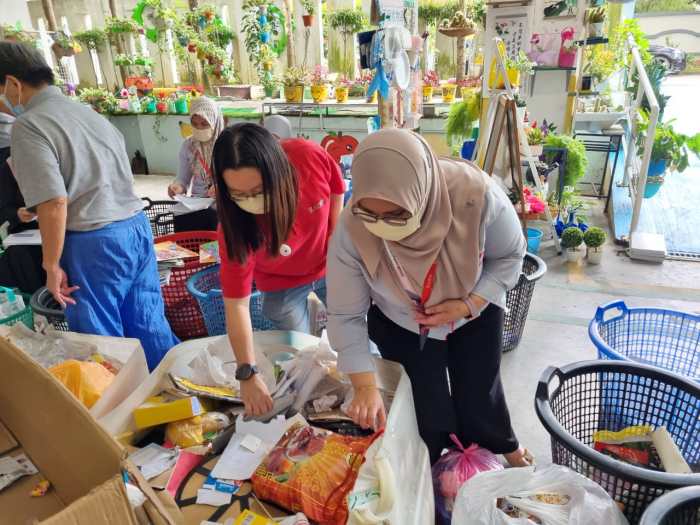Exploring 100 Recycling Tips for a Better Future, this introduction delves into the importance of sustainable practices in our daily lives, offering insights and ideas to inspire positive change.
From understanding the environmental impact of recycling to implementing effective strategies at home and in the community, this guide aims to empower individuals to contribute towards a greener, healthier planet.
Benefits of Recycling

Recycling plays a crucial role in protecting our environment and conserving valuable resources. By reducing waste and reusing materials, recycling significantly minimizes the negative impact on our planet.
Environmental Impact of Recycling
Recycling helps to decrease the amount of waste that ends up in landfills or incinerators, preventing pollution and the release of harmful toxins into the environment. When items are recycled, rather than thrown away, it reduces the need to extract raw materials, which in turn helps to conserve natural resources like forests, water, and minerals.
Advantages of Recycling for Conserving Resources
Recycling conserves resources by reducing the energy and water needed to create products from raw materials. For example, recycling paper saves trees and reduces the energy required for paper production. By reusing materials, we can lower the demand for new resources, ultimately leading to a more sustainable future.
Recycling Reduces Greenhouse Gas Emissions
One of the significant benefits of recycling is its ability to lower greenhouse gas emissions. When materials are recycled instead of being sent to landfills, it reduces the amount of methane gas produced during decomposition. Methane is a potent greenhouse gas that contributes to climate change, so by recycling, we can help mitigate its impact on the environment.
Recycling Tips for the Home

Setting up a recycling system at home is crucial for reducing waste and protecting the environment. Here are some tips to help you recycle effectively:
Separating Recyclables from Non-Recyclables
To ensure proper recycling, it is essential to separate recyclable materials such as paper, plastic, glass, and metal from non-recyclables like food waste and hazardous materials. Clearly label bins for different types of recyclables to make the sorting process easier and more efficient.
Upcycling Common Household Items
Get creative with upcycling by repurposing common household items. For example, old glass jars can be used as storage containers, plastic bottles can be turned into planters, and cardboard boxes can be transformed into organizers. Upcycling not only reduces waste but also adds a unique touch to your home decor.
Reducing Single-Use Items
Minimize the use of single-use items such as plastic bags, straws, and disposable utensils by opting for reusable alternatives. Invest in reusable shopping bags, stainless steel straws, and bamboo utensils to decrease your household waste significantly.
Composting Organic Waste
Start a compost pile in your backyard to recycle organic waste like fruit and vegetable scraps, coffee grounds, and eggshells. Composting not only reduces landfill waste but also creates nutrient-rich soil for your garden.
Donating Unwanted Items
Instead of throwing away items you no longer need, consider donating them to local charities or thrift stores. Clothing, furniture, and household goods can find a new home with someone in need, reducing waste and benefiting the community.
Recycling Practices in the Community

Community-wide recycling programs play a crucial role in promoting sustainability and reducing waste. By encouraging recycling in schools, workplaces, and public spaces, we can make a significant impact on the environment.
Benefits of Community-Wide Recycling Programs
Implementing recycling programs at the community level offers several advantages:
- Reduces landfill waste and conserves natural resources.
- Lowers greenhouse gas emissions and helps combat climate change.
- Creates job opportunities in the recycling and waste management sector.
- Fosters a sense of environmental responsibility and community engagement.
Ways to Encourage Recycling in Schools, Workplaces, and Public Spaces
There are various strategies to promote recycling in different community settings:
- Provide easily accessible recycling bins and educate individuals on proper sorting techniques.
- Organize recycling competitions or challenges to incentivize participation.
- Collaborate with local businesses to sponsor recycling initiatives and raise awareness.
- Offer rewards or recognition for outstanding recycling efforts to motivate continued participation.
Role of Local Governments in Promoting Sustainable Waste Management Practices
Local governments play a crucial role in shaping policies and regulations that support sustainable waste management:
- Implementing recycling mandates and providing infrastructure for recycling collection and processing.
- Offering financial incentives or grants to encourage businesses and organizations to adopt recycling practices.
- Collaborating with community groups and stakeholders to develop comprehensive waste reduction strategies.
- Enforcing environmental regulations and monitoring compliance to ensure effective waste management practices.
End of Discussion

In conclusion, embracing these recycling tips not only benefits the environment but also promotes a more sustainable way of living for future generations. By taking small steps today, we can collectively create a better tomorrow.